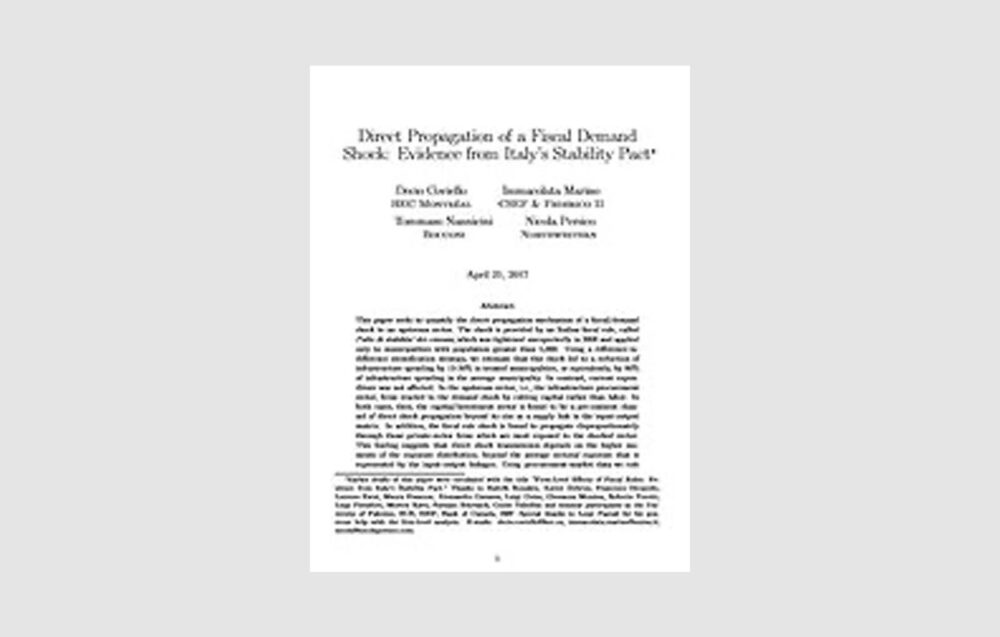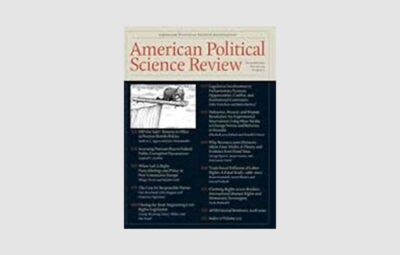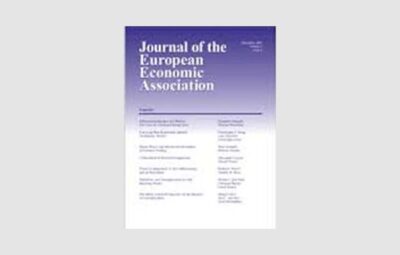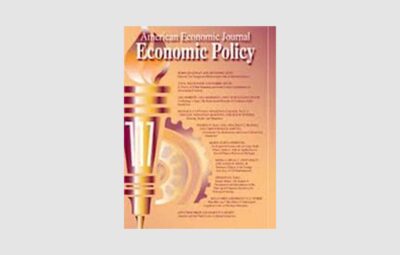We study the firm-level effects of a fiscal rule that constrained the expenditure of Italian municipalities. The fiscal rule was made effective in 2008 and applied only to municipalities with population greater than 5,000. Using a difference-in-difference identification strategy, we estimate that the fiscal rule caused affected municipalities to reduce infrastructure spending by 60-80%. However, the overall impact on the infrastructure sector has been relatively modest. By analyzing the financial accounts of firms operating in the sector, we find that these firms modestly decrease in size (by about 10-20%), and they exit a bit faster as their exposure to the fiscal rule increases by one standard deviation. Regional financial development and firms size moderate these effects somewhat. To account for the modest size of the sectoral impact we leverage procurement-market data; we document that firms operating in the infrastructure sector are highly revenue-diversified, so that only a small fraction of their revenues accrues from municipal procurement. Thus, our analysis points to revenue-diversification as a key indicator for forecasting the firm-level effects of a fiscal rule. We also use procurement-market data to rule out spillover effects operating through competition in the procurement market.
Direct Propagation of a Fiscal Shock: Evidence from Italy’s Stability Pact
Joint with Decio Coviello, Immacolata Marino, and Nicola Persico



